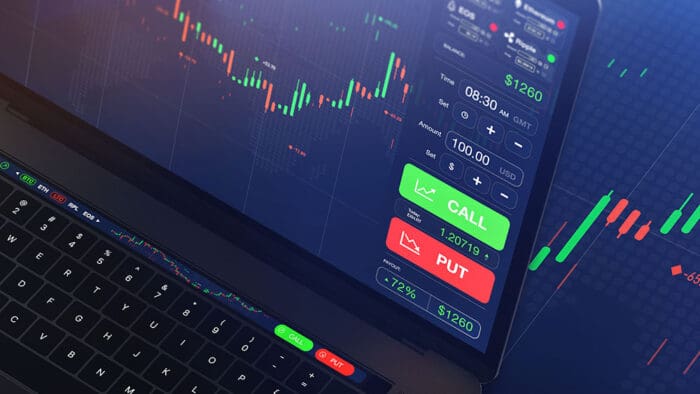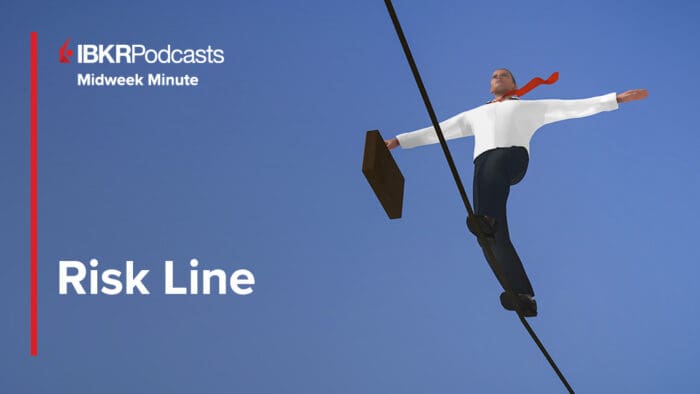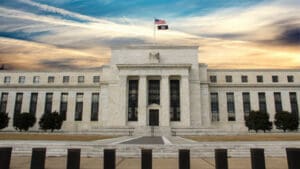Stocks are hitting records for the second-consecutive session as speculation grows that the Fed will reduce rates by 50 basis points next month following yesterday’s friendly CPI data. The developments offer somewhat of a déjà vu moment. In the summer of 2024, weak nonfarm payroll reports drove the central bank to cut by a half in September, rather than by a typical quarter. Meanwhile, President Trump and Secretary Bessent, who called for a 50 this morning, are apparently considering 11 candidates to replace Chair Powell, whose term ends in May. Some of the names, like David Zervos and Rick Reider, are certainly nontraditional prospects, but both carry the capital markets knowledge and economic wisdom needed to thrive at the helm. Most of the folks comprising the list are current or former members of the monetary policy authority while others have vast government experience. The choice is likely to lead the committee in dovish fashion, given the Commander in Chief’s leanings, while the recent nomination of Head of White House’s Council of Economic Advisors Stephen Miran to Fed governorship is also poised to steer the group toward a lighter benchmark. He is preparing to secure the seat and vote at the FOMC’s meeting next month and has been adamantly debating that there’s little evidence of tariff-fueled inflation. Risk-on sentiments are prevailing on Wall Street against this backdrop with equities advancing in the majority of sectors and yields falling across the curve pretty evenly throughout maturities. Conversely, volatility protection instruments are seeing weaker demand and the greenback is slipping on softer domestic borrowing costs while lumber, crude oil and copper commodities face selling pressure. Silver, natural gas and gold are appreciating, however.
Long-End Isn’t Protesting Fast Fed Cuts
If the long-end of the yield curve was concerned that fast Fed rate cuts would reignite inflation, rates would be rising. But instead, the cost of duration is sinking in lock step with shorter maturities, essentially agreeing with President Trump and Secretary Bessent on their belief that the central bank is way too tight. Furthermore, the Treasury complex is dialing down its inflation expectations, which is also contributing to the descent in the space, as fixed-income players realize that tariffs aren’t going to move the needle on price pressures. Yesterday’s CPI didn’t reflect any meaningful worries in the goods category. In fact, it was services that surprised to the upside on the back of airline pricing power. The significant report offered a welcome surprise of consumer spending momentum in that critical discretionary component rather than evidence signaling that the Commander in Chief’s trade policies are broadly propelling prices upward.
International Roundup
Tight Labor Conditions Continue in South Korea
South Korea’s unemployment rate fell from 2.6% in June to 2.5% in July. The number of unemployment individuals fell from 825,000 in June to 726,000, according to Statistics Korea. In the year-ago period, 737,000 individuals were idle. In July, the wholesale and retail sector had the largest reduction in payrolls, trimming 23,000 positions, followed by the accommodations/food service category, which lost 35,000. Those losses are primarily attributable to slowing domestic consumption. The health sector and transportation classification, however, gained the most with 51,000 and 43,000 additions. Unemployment among those older than 60 declined but it increased among younger individuals.
Japan Wholesale Deflation Reverses
Japan wholesale prices climbed 0.2% month over month (m/m) in July, matching the economist consensus estimate and reversing from a 0.1% drop in the preceding month, according to the Bank of Japan’s Corporate Goods Price Index. On a year over year (y/y) basis, the benchmark, which is also referred to as the Producer Price Index, was up 2.6%, surpassing the 2.5% estimate but slowing from the 2.9% print in June. After hitting a 4.2% y/y result in April, the gauge has eased in every subsequent month.
While Machine Tool Orders Weaken
Machine tool orders in July descended 3.6% m/m but were up 3.6% y/y after climbing 3.4% m/m and contracting 0.5% y/y in the preceding month, according to the Japan Machine Tool Builders Association (JMTBA). Despite growth trade tensions, orders from foreign buyers advanced 5.3% y/y. Conversely, domestic orders sank 0.7%.
Australia Pay Raises Matches Expectations
Australia’s Wage Price Index was up 0.8% quarter over quarter in the April through June period, which matched the economist consensus expectations but eased modestly from 0.9% in the preceding print. The index was up 3.4% y/y, unchanged from the last quarter and marginally above the consensus estimate of 3.3%.
Disclosure: Interactive Brokers Affiliate
Information posted on IBKR Campus that is provided by third-parties does NOT constitute a recommendation that you should contract for the services of that third party. Third-party participants who contribute to IBKR Campus are independent of Interactive Brokers and Interactive Brokers does not make any representations or warranties concerning the services offered, their past or future performance, or the accuracy of the information provided by the third party. Past performance is no guarantee of future results.
This material is from IBKR Macroeconomics, an affiliate of Interactive Brokers LLC, and is being posted with its permission. The views expressed in this material are solely those of the author and/or IBKR Macroeconomics and Interactive Brokers is not endorsing or recommending any investment or trading discussed in the material. This material is not and should not be construed as an offer to buy or sell any security. It should not be construed as research or investment advice or a recommendation to buy, sell or hold any security or commodity. This material does not and is not intended to take into account the particular financial conditions, investment objectives or requirements of individual customers. Before acting on this material, you should consider whether it is suitable for your particular circumstances and, as necessary, seek professional advice.















Join The Conversation
If you have a general question, it may already be covered in our FAQs page. go to: IBKR Ireland FAQs or IBKR U.K. FAQs. If you have an account-specific question or concern, please reach out to Client Services: IBKR Ireland or IBKR U.K..
Visit IBKR U.K. Open an IBKR U.K. Account